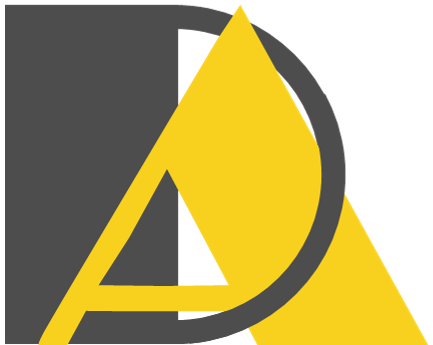
Customize Your Course For Your Organization
Project Management Ecosystem Topics
-
The processes and activities to identify, define, combine, unify, and coordinate the various processes and project management activities within the Project Management Process Groups.
-
Includes the processes required to identify the people, groups, or organizations that could impact or be impacted by the project, to analyze stakeholder expectations and their impact on the project, and to develop appropriate management strategies for effectively engaging stakeholders in project decisions and execution.
-
Includes the processes required to ensure that the project includes all the work required, and only the work required, to complete the project successfully.
-
The processes required to manage the timely completion of the project.
-
The processes required to ensure timely and appropriate planning, collection, creation, distribution, storage, retrieval, management, control, monitoring, and ultimate disposition of project information.
-
The processes required to ensure timely and appropriate planning, collection, creation, distribution, storage, retrieval, management, control, monitoring, and ultimate disposition of project information.
-
The processes for incorporating the organization’s quality policy regarding planning, managing, and controlling project and product quality requirements, in order to meet stakeholders’ expectations.
-
The processes to identify, acquire, and manage the resources needed for the successful completion of the project.
-
The processes involved in planning, estimating, budgeting, financing, funding, managing, and controlling costs so the project can be completed within the approved budget.
-
Agile Project Management is a flexible and iterative approach that prioritizes collaboration, adaptability, and customer satisfaction. It emphasizes incremental delivery of project components, incorporating feedback to accommodate changing requirements. This approach allows teams to respond swiftly to evolving project needs, enhancing efficiency and delivering high-quality results in dynamic and complex environments.
-
In project management, a methodology is a structured approach that outlines processes, principles, and guidelines for managing projects. It provides a set of rules and practices to achieve project goals systematically. On the other hand, a framework is a broader structure that encompasses methodologies and offers a flexible, customizable structure for project management. It provides a foundation, allowing organizations to adapt methodologies to their specific needs and context.
-
Project Management Process Group is a logical grouping of project management processes to achieve specific project objectives. Process Groups are independent of project phases. Project management processes are grouped into five Project Management Process Groups:: Initiating - Planning - Executing - Monitoing & Controlling - Closing.
-
The centralized coordination of multiple related projects to achieve strategic objectives. It involves overseeing interdependencies, managing risks, and ensuring alignment with organizational goals. The program manager provides leadership, facilitates communication, and ensures the collective success of the projects within the program. This approach enhances efficiency, fosters collaboration, and optimizes resource utilization across interconnected initiatives.
-
Involves strategically overseeing a collection of projects to align with organizational goals. It ncompasses selecting, prioritizing, and optimizing projects to maximize value. By balancing resources, risks, and objectives, portfolio management ensures the overall success of the project portfolio. It provides a holistic view, aiding in decision-making, resource allocation, and alignment with the organization's strategic priorities.
-
A Project Management Office (PMO) in project management is a centralized entity responsible for standardizing and optimizing project-related processes across an organization. It provides governance, tools, and support to enhance project management practices. The PMO ensures consistency, facilitates communication, and improves decision-making. By fostering collaboration and efficiency, the PMO contributes to successful project delivery and organizational effectiveness.
-
Effective meeting management involves planning, facilitating, and optimizing gatherings to ensure productivity and collaboration. It includes defining clear objectives, preparing an agenda, and involving relevant participants. The facilitator guides discussions, manages time efficiently, and encourages active participation. Follow-up actions are documented, and feedback is sought for continuous improvement. By fostering engagement and purposeful communication, effective meeting management contributes to achieving organizational goals and fostering a positive team culture.
-
The structured process of planning, implementing, and controlling organizational change. It involves guiding individuals, teams, and the entire organization through transitions to achieve desired outcomes. Effective change management addresses resistance, communicates clearly, and fosters employee engagement. It ensures that changes are smoothly integrated, minimizing disruption and maximizing the likelihood of successful implementation and sustained improvements in the organizational context.
-
Coaching and mentoring are distinct yet interconnected approaches to personal and professional development. Coaching involves a structured, goal-oriented process where a coach guides individuals to enhance skills and achieve specific objectives. Mentoring, on the other hand, is a relationship-based guidance where a more experienced mentor shares knowledge, insights, and experiences to support the mentee's overall growth and career advancement. Both methods contribute to individual and organizational success.
Focus on the topics that matter most to your team, ensuring that every minute of the course is valuable and applicable to your projects.
Choose from the list of project management topics listed on this page and customize your course. Add other required topics.
Engage in a collaborative session with the instructor, and work together to design a curriculum that suits your team's specific goals and challenges.
Tailor the delivery format to suit your team's preferences and availability.

